Palestinian rights organization urges intl. protection on Ibrahimi Mosque massacre anniversary
On the anniversary of the 1994 Ibrahimi Mosque massacre, a leading Palestinian human rights organization has called on the global community to provide international protection for the Palestinians and their holy sites under the Israeli occupation.
The Department of Human Rights and Civil Society in the Palestine Liberation Organization (PLO) made the plea in a statement on Friday, which marks the 1994 killing of some 30 Palestinian worshipers in Ibrahimi Mosque in the southern occupied West Bank city of al-Khalil, according to the Palestinian Ma'an news agency.
"This day marks the 28th anniversary of the Ibrahimi Mosque massacre, which resulted in the martyrdom of 29 worshipers and the injury of 150 others inside the compound, [and] which was carried out by the terrorist Goldstein under the eyes and guards of the occupation soldiers,” the statement said, referring to American-born Israeli settler Baruch Goldstein who committed the massacre.
“Instead of punishing the criminal and those who protected him and provided him with coverage, the occupation forces punished the victims by imposing their control over the holy site and placing it at the settlers’ disposal,” the statement added.
The department noted, "Since that date, Palestinians have been deprived of freedom of access to the Ibrahimi Mosque, the establishment of prayer there, and have been denied the call to prayer in the holy site most of the time, which is in line with the interests of the settlers and their attempts to Judaize the entire compound."
The organization denounced the measure as a violation of all international laws and agreements related to human rights and freedom of worshipers.
The statement concluded by calling on the "international community to stand up to its responsibilities and provide international protection for the Palestinians and their holy sites under occupation."
The holy site in al-Khalil was split into a synagogue, known to Jews as the Cave of Patriarchs, and a mosque after Goldstein massacred 29 Palestinians inside the mosque in 1994. Since then, Muslim worshipers have been prevented from having access to the site during Jewish holidays.
Al-Khalil, which Jews call Hebron, is the biggest city in the West Bank, home to more than 200,000 Palestinians. About 1,000 Zionist settlers, who engage in frequent attacks on Palestinians, also live there under heavy military protection.
Iran considers armies of EU states as ‘terrorist organizations’: Security chief
Sharif University scholars condemn US foreign policy as illegal, destabilizing
Pezeshkian says Iran seeks no war, vows 'decisive' response to any attack
Iran ready for both war and dialogue, ‘will not accept dictation’: FM Araghchi
Trump warns UK against enhancing China ties as PM Starmer hails reset
VIDEO | Press TV's news headlines
Iran rejects threats, backs win-win diplomacy, Pezeshkian tells Erdogan
VIDEO | Disabled Iranian woman dies in German custody


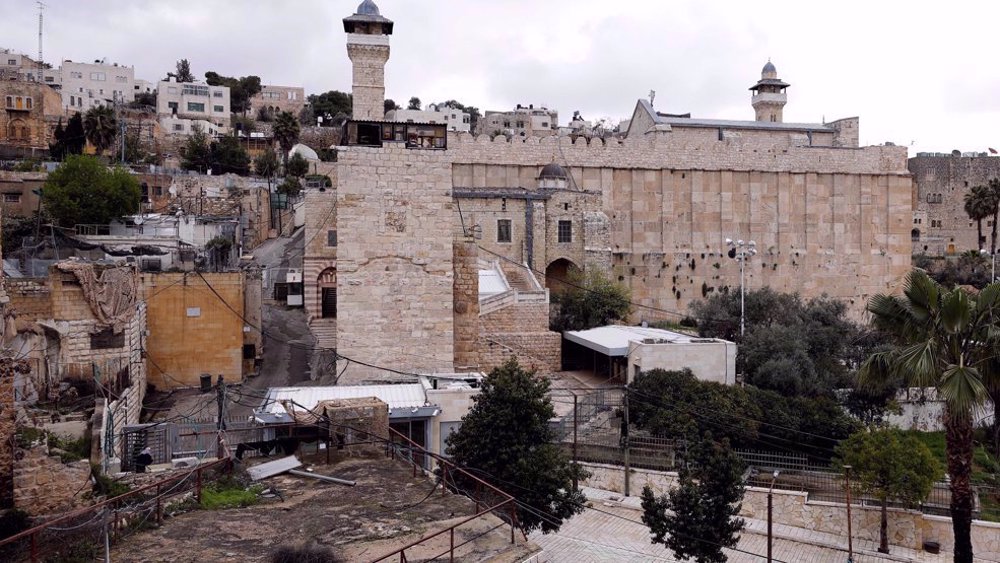
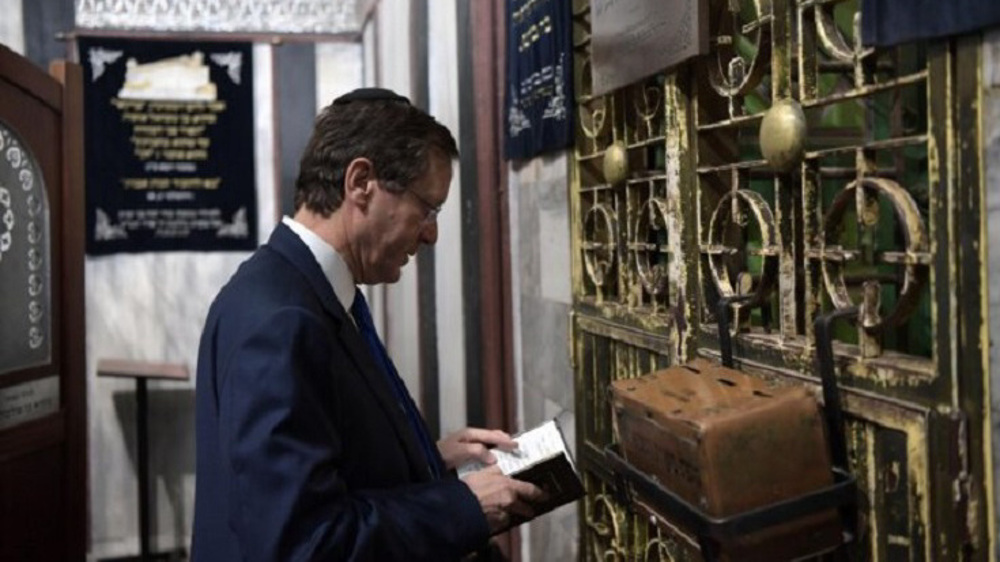
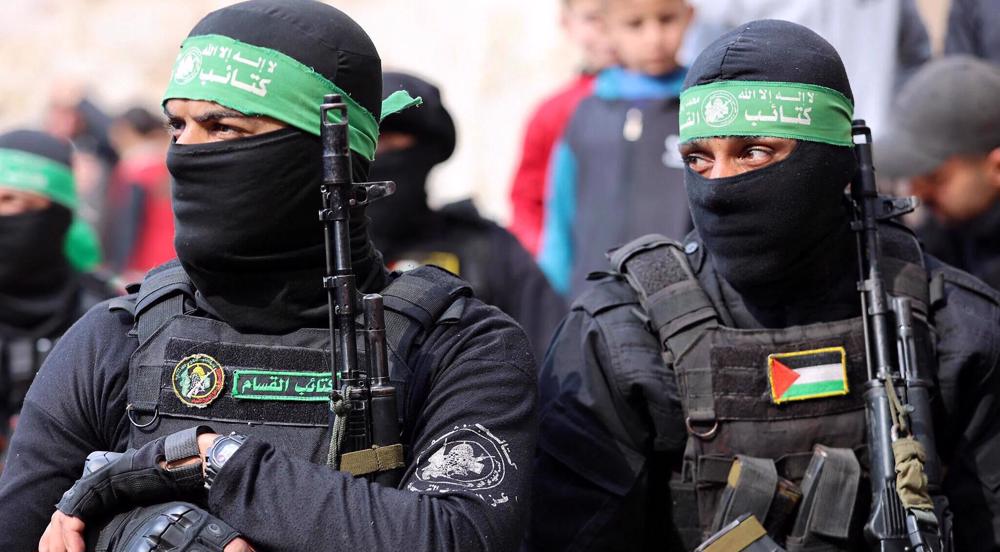
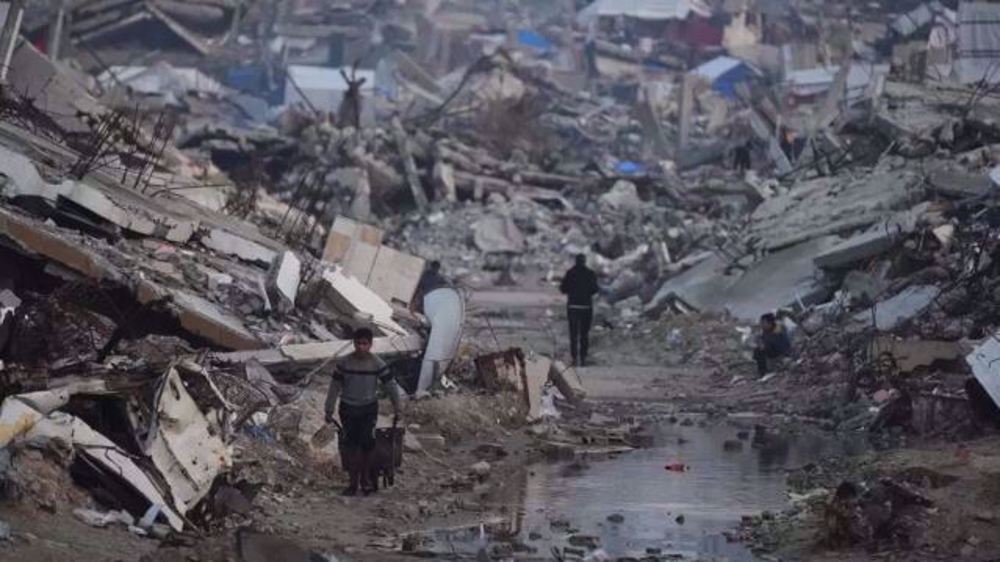
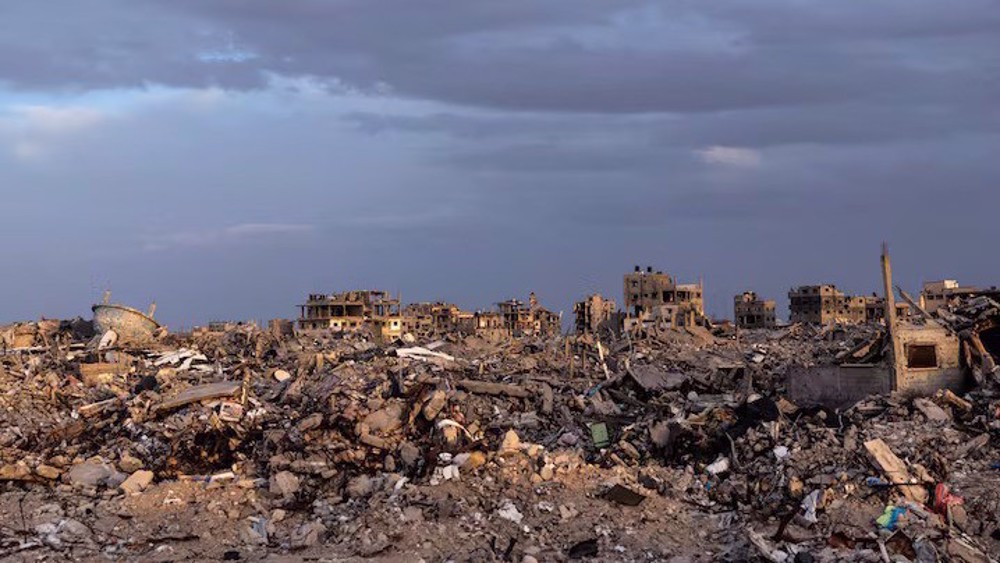




 This makes it easy to access the Press TV website
This makes it easy to access the Press TV website